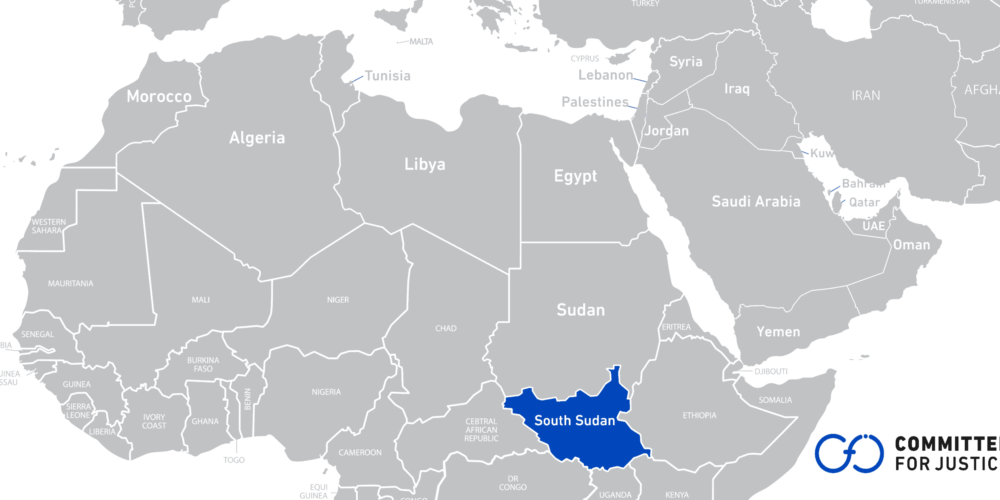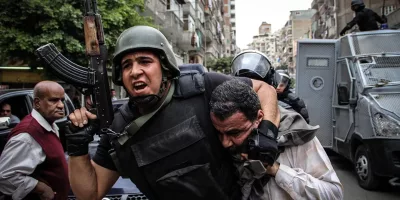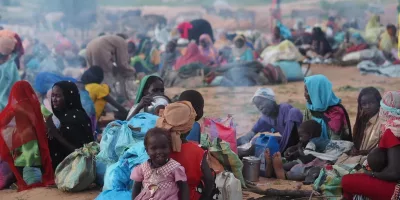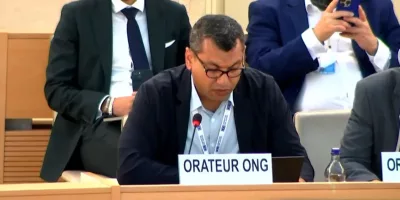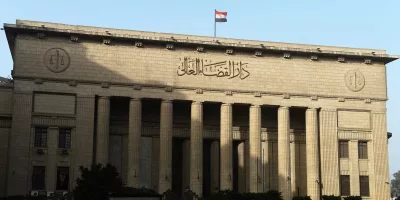The UN Deputy High Commissioner for Human Rights, Nada Al-Nashif, presented the High Commissioner’s report on the situation in South Sudan to the Human Rights Council at its forty-ninth session.
The Representative welcomed a significant decrease in documented armed violence between the signatories to the Revitalized Peace Agreement, while expressing concern about persistent reports of local violence involving community militias, which continues in Western, Central Equatoria, Jonglei, Lakes and Warrap states.
Progress in Implementation of the Revitalized Peace Agreement:
Al-Nashef also welcomed the meaningful progress towards implementing the revitalized agreement, including the reconstitution of the Transitional National Legislative Assembly, the appointment of the country’s first female president of the Transitional National Legislative Assembly, and the launch of the Technical Committee on the Truth Commission, as well as its observation on delays in establishing justice mechanisms. The main Transitional Council, in particular the Truth, Reconciliation and Healing Commission, the Compensation and Reparation Commission and the Southern Sudan Hybrid Court, urged the government there to expedite the establishment of all transitional justice mechanisms and the implementation of the revitalized agreement.
Spread of a culture of impunity:
Al-Nashef stressed that the report monitored how local violence, coupled with an inadequate judicial response, generated a culture of impunity, fueling new cycles of violence, calling on the international community to increase support for South Sudan in strengthening institutions of the rule of law and mechanisms of transitional justice, until the perpetrators are duly brought before the courts.
Preventing sexual violence:
The Deputy High Commissioner stressed that the Office continues to support efforts to prevent and respond to conflict-related sexual violence, as over the past year the Human Rights Division of UNMISS has conducted a number of capacity-building activities targeting the armed forces, government agencies and society at large. Also in June 2021, the Human Rights Division of UNMISS also supported the launch of the Joint Armed Forces Action Plan on Addressing Conflict-Related Sexual Violence in South Sudan, the implementation of which became one of the key criteria for the review of the arms embargo by the Security Council.
Unlocking freedoms before the elections:
Al-Nashef indicated that, with the election period approaching, there is still concern about the increasing restrictions imposed on civic space and basic freedoms, including the arrest and detention of journalists, human rights defenders and civil society actors, encouraging the government to open the civic space and refrain from restricting freedom of opinion and expression and the right to peaceful assembly and association, which are essential for peaceful, free, fair and credible elections, and a vibrant democracy.

